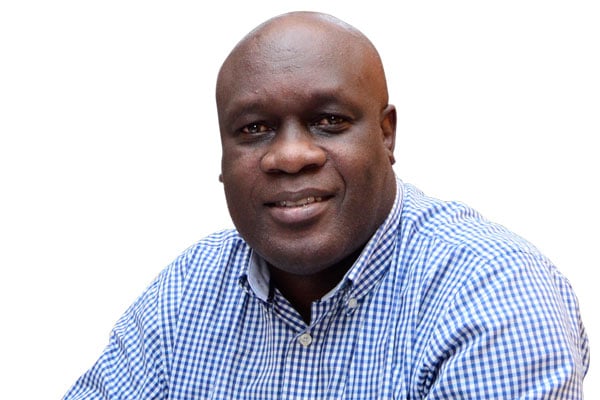
Francis Kizito
On September 17, Nation Media Group Uganda announced the launch of a special desk on climate change to raise awareness and educate its readers on the issue. To understand the urgency of addressing climate change, Uganda ranks as the 13th-most-vulnerable country in the world and 160th out of 192 nations in readiness to confront the threat, according to the Notre Dame Global Adaptation Initiative (2021).
Globally, the latest data suggests that 2024 could outrank 2023 as the hottest year due to human-caused climate change pushing temperatures to record highs. A survey done by the Afrobarometer found that Ugandans who are aware of climate change are solidly behind government action to address the crisis, even at significant economic cost.
They see it as a collective responsibility and want greater engagement on the issue by the government, businesses, developed nations, and ordinary citizens. NMG’s commitment to set up a special desk for climate change coverage is a visionary step in the right direction in giving climate change stories the much-deserved attention and ensuring they are prioritised through the news cycle just like entertainment and politics. Firsthand storytelling from the most vulnerable members of society, including farmers, women, and refugees who are often ignored, and a dedicated team solely focusing on in-depth coverage and the impact on the socio-economic environment will be a cornerstone for this desk.
This desk presents an opportunity to act as a springboard onto which climate change research done by academia and development partners is broken down into the day-to-day context for an average Ugandan to understand fostering collaboration between journalists and experts from different fields for comprehensive and nuanced newsroom reporting.
Despite the intense, frequent, and extreme heat waves, droughts, and unprecedented floods, there has been a lacklustre response from the government on how to build resilient and adaptive mechanisms to combat future calamities. Having committed to reducing its net greenhouse gas emissions by 24.7 percent below business-as-usual levels by 2030, the desk will cast these events into the public discourse and create an important avenue to demand accountability from the government and other actors.
According to a handbook for journalists by Unseco, contrary to popular belief, climate is an issue full of knock-on concerns that can sell and attract new audiences online for the media; hence, an opportunity for other media houses to learn and replicate the idea of climate change desks to create national discourse and highlight sustainable development issues. This innovative approach to climate change storytelling, coupled with intriguing ideas like the first-ever Ugandan podcast on climate change titled ‘Climate Talk Uganda’ are vital steps in enhancing public discourse on climate change. I urge all Ugandans to embrace these initiatives.
Mr Francis Kizito is a Communications Officer with the Climate Smart Jobs Programme.



